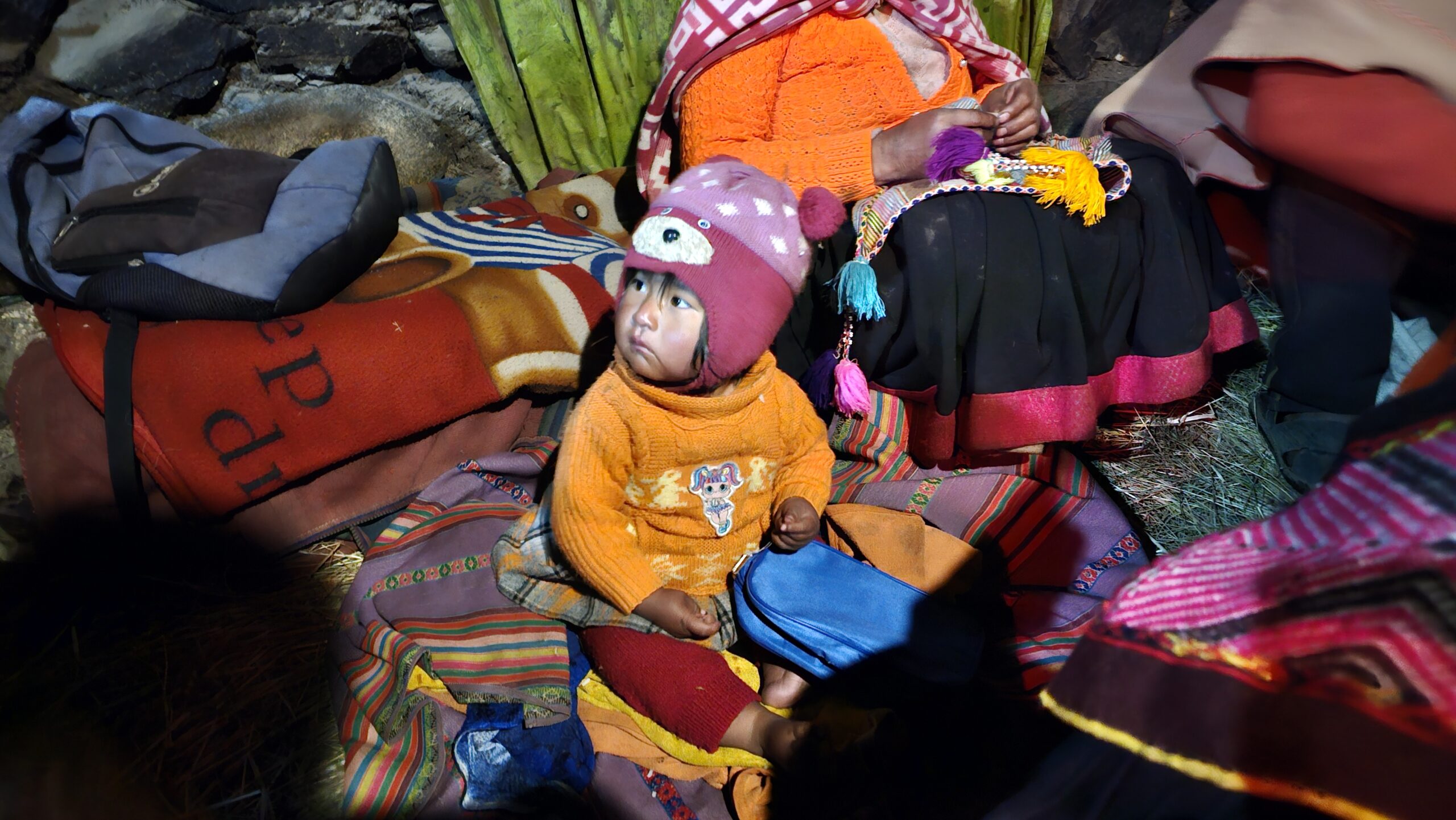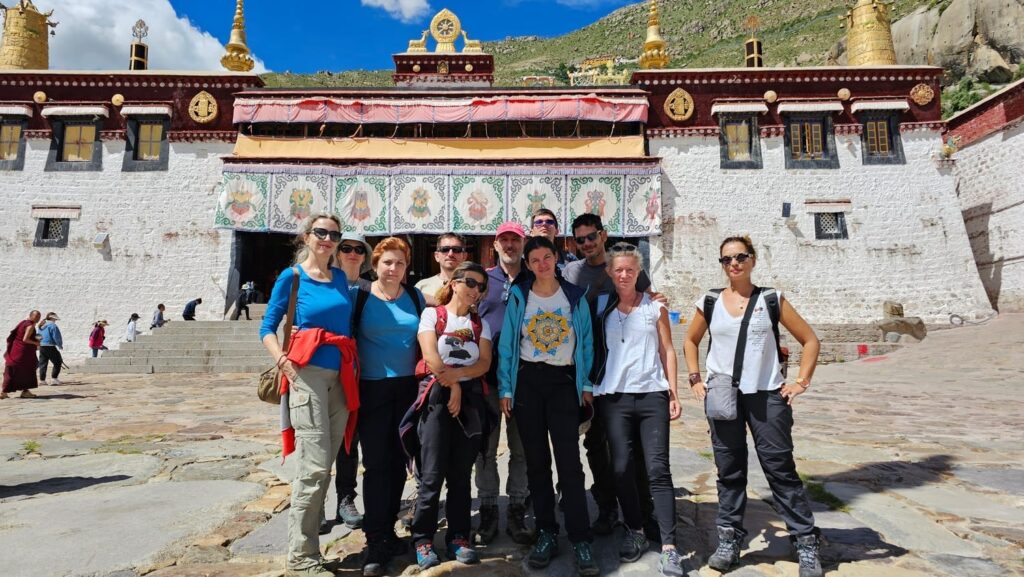Introduction: Parenting Isn’t Just a Job, It’s Your Greatest Spiritual Path
Let’s be honest for a moment. When we think about having kids, our minds usually jump to a one-way street: we are here to teach, guide, and shape them. We buy the books, we listen to the advice, and we prepare ourselves for the massive responsibility of raising a good human being. But what if we’ve got it backward? What if your child didn’t come into your life just for you to raise them, but for them to help you find… well, you?
This isn’t just a nice, poetic idea. It’s one of the most powerful, raw, and practical spiritual paths available to anyone. Forget silent retreats in the mountains for a moment; try navigating a toddler’s tantrum or a teenager’s silence. That’s where the real work happens! Why? Because our children have a unique, almost magical ability to show us exactly where we are broken, where we are still wounded, and where we have unfinished business with ourselves.
This journey isn’t always easy, but it’s the most authentic one you can take. It’s a path that asks you to grow alongside your child, to heal your own past so you don’t pass it on to their future. It’s about realizing that the best gift you can ever give your kids is your own self-awareness and inner peace. 🕊️ Ready to walk it? Let’s begin.
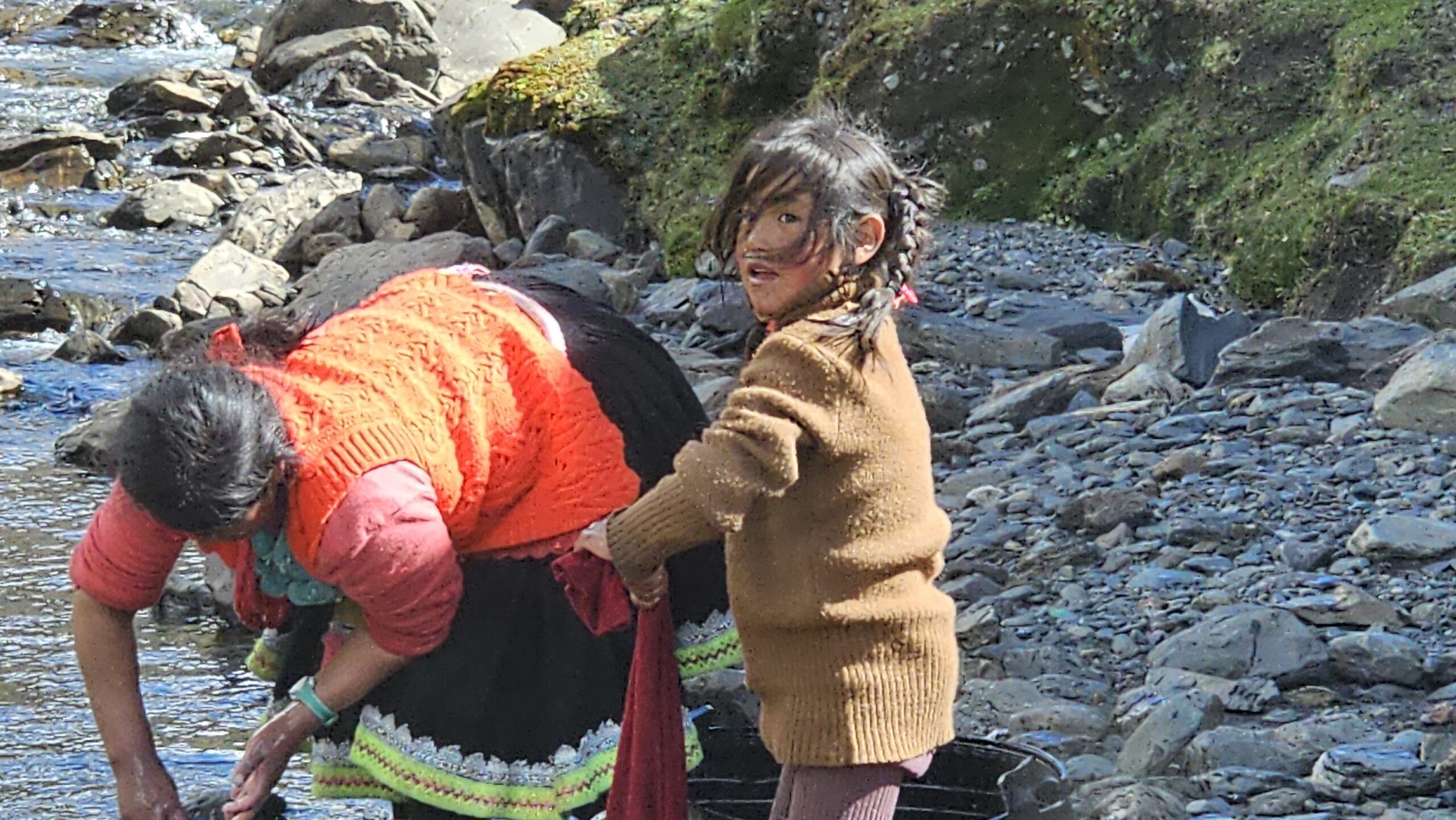
Your Child, Your Mirror: Seeing Your Own Inner Child in Their Eyes
Have you ever looked at your child and felt a sudden, intense emotion you couldn’t quite place? A flash of anger, a wave of sadness, or a deep sense of fear that seems way bigger than the situation calls for? That’s not a random fluke. That’s the mirror effect in action. The way we care for our inner child is directly mirrored in how we care for our real children, and vice versa. It’s a powerful, two-way street of reflection.
Think of it this way: deep inside you, there is an “inner child”—a part of your subconscious that holds all the emotions, beliefs, and traumas from your own childhood. For most of us, that part is hidden away, often wounded and unheard. When you become a parent, your actual child acts like a spotlight, shining a bright light on that hidden part of you. Their joy can bring out your suppressed playfulness. Their sadness can trigger your own unresolved grief. Their defiance can ignite your old battles with control.
This is precisely why parenting is such a potent spiritual path. It brings your subconscious to the surface. By paying attention to how you interact with your child, you get a direct look into your own inner world and the traumas that are holding you back from being truly happy. It’s not about blaming yourself for your reactions; it’s about seeing them as a gift—a map guiding you toward the parts of yourself that are finally ready to be healed. ❤️🩹
The “Grown-Up Trap”: Why Adult Logic Fails in Conscious Parenting
As we grow up, we’re taught to live in our heads. We build our lives on logic, principles, and what society tells us is “right.” It’s a world of shoulds and shouldn’ts, a world that can often feel disconnected and even a bit ugly. The problem is, we then try to impose this rigid, logical framework onto our children. The standard approach to education is often just an attempt to make children into small grown-ups as quickly as possible. We operate from an unconscious attitude of, “I know better, and you have to be like me.”
But here’s the secret: you cannot approach a child with logic alone. Their world isn’t built on reason; it’s built on raw, unfiltered feeling. A child’s language is emotional and deeply existential. They show you their truth through joy, tears, silence, or a sudden tantrum—not through a well-reasoned argument. When we try to “reason” with these deep feelings or dismiss them because they aren’t logical, we create the very first separation between ourselves and them, and between them and their own soul.
The spiritual path of parenting asks us to step out of this “grown-up trap.” It requires us to have a very open mind and to stop trying to analyze everything with our adult intellect. It’s a call to meet our children where they are—in the world of the heart, of pure being, and of emotional truth. Only from that place can we truly connect and guide them without crushing their spirit. ✨
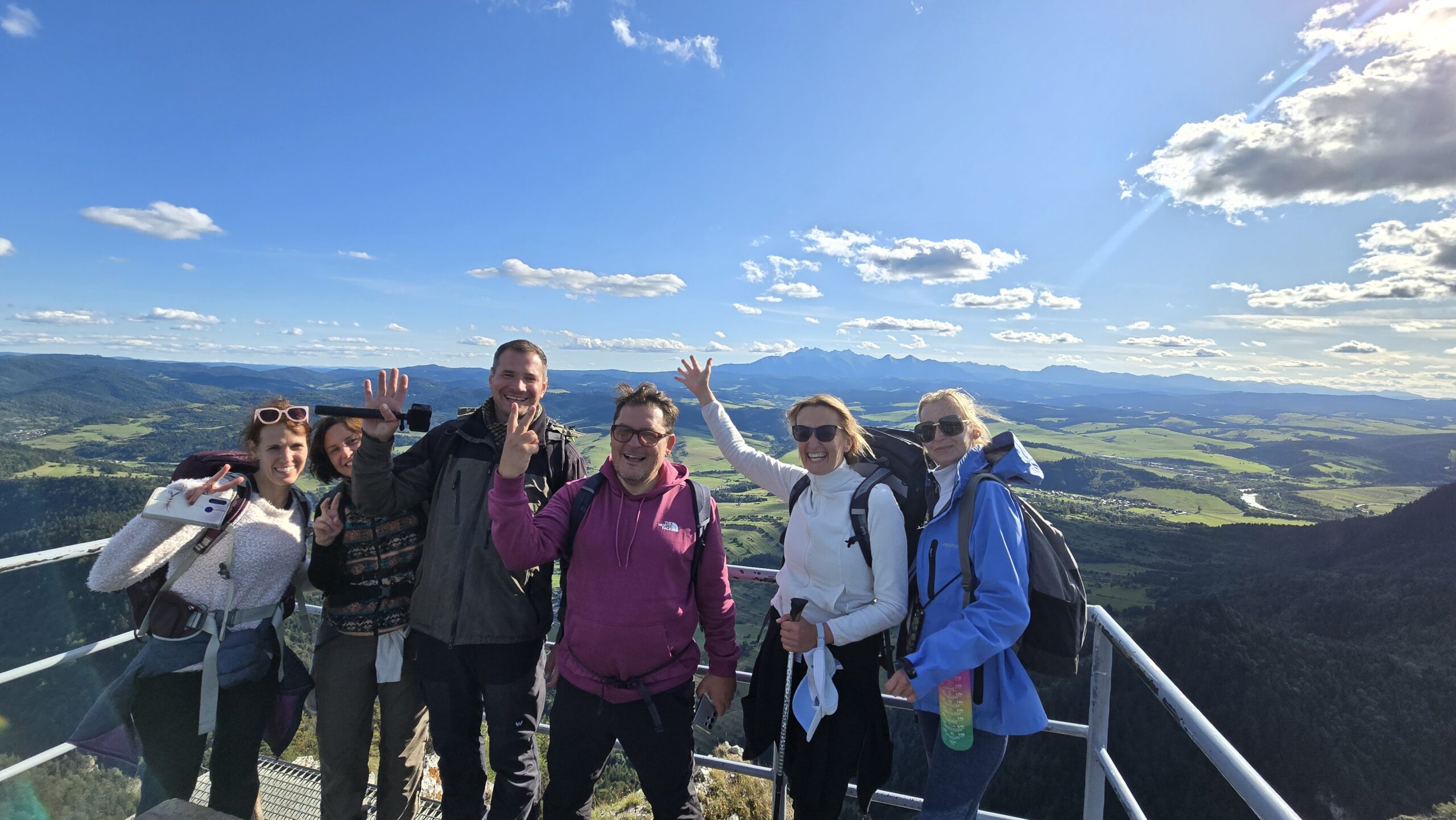
You Can’t Pour from an Empty Cup: The Duty to Heal Yourself First
Every parent wants their child to be strong, confident, joyful, and free. We tell them, “Be brave!” or “Love yourself!” But often, these are just words. The hard truth is, if we ourselves are struggling with self-doubt, dissatisfaction, or fear, our words are empty. And kids are the best lie detectors in the world; they feel the gap between what we say and who we are immediately.
This is where the spiritual path of parenting gets very real. It’s founded on a simple but profound principle: children learn from who we are, not from what we tell them to be. They don’t learn from our intellectual knowledge; they absorb our very being. Therefore, to give these gifts of confidence and freedom to our children, we must first embody them ourselves. A parent who is afraid of freedom cannot possibly raise a confident child.
That’s why healing your own inner child isn’t a selfish act—it’s your most important parental duty. Only when you learn to connect with and nurture the child within yourself can you truly connect with and nurture your own children. By facing your own wounds, you stop the cycle of passing them down. You become a living example of wholeness, and that is a lesson no book could ever teach. 🙏
Beyond Words: Learning the True Language of Children (and Your Soul)
As adults, we are masters of words, logic, and arguments. But children operate on a completely different frequency. When your inner child, or any child, speaks, it’s not through reason. Their language is emotional, raw, and deeply existential. They don’t explain their truth with bullet points; they show it through tears, spontaneous joy, deep silence, or sudden outbursts. These aren’t “misbehaviors” to be corrected; they are profound communications from their soul.
The spiritual work of a parent is to learn to listen to this language. It means putting aside our need to fix, rationalize, or control, and instead, allowing our feelings to guide the communication. It’s about creating a safe space where your child feels seen and accepted for who they are, not for who your logical mind thinks they should be. You can’t reason with a child’s feelings, but you can connect with them through your own essence and emotion.
And here’s the beautiful part: as you learn to decode your child’s emotional language, you inevitably start to understand your own. You begin to hear the whispers of your own inner child, the part of you that also speaks in feelings, intuitions, and emotions. You learn to trust your heart again, and that is a vital step on any spiritual path. 💖
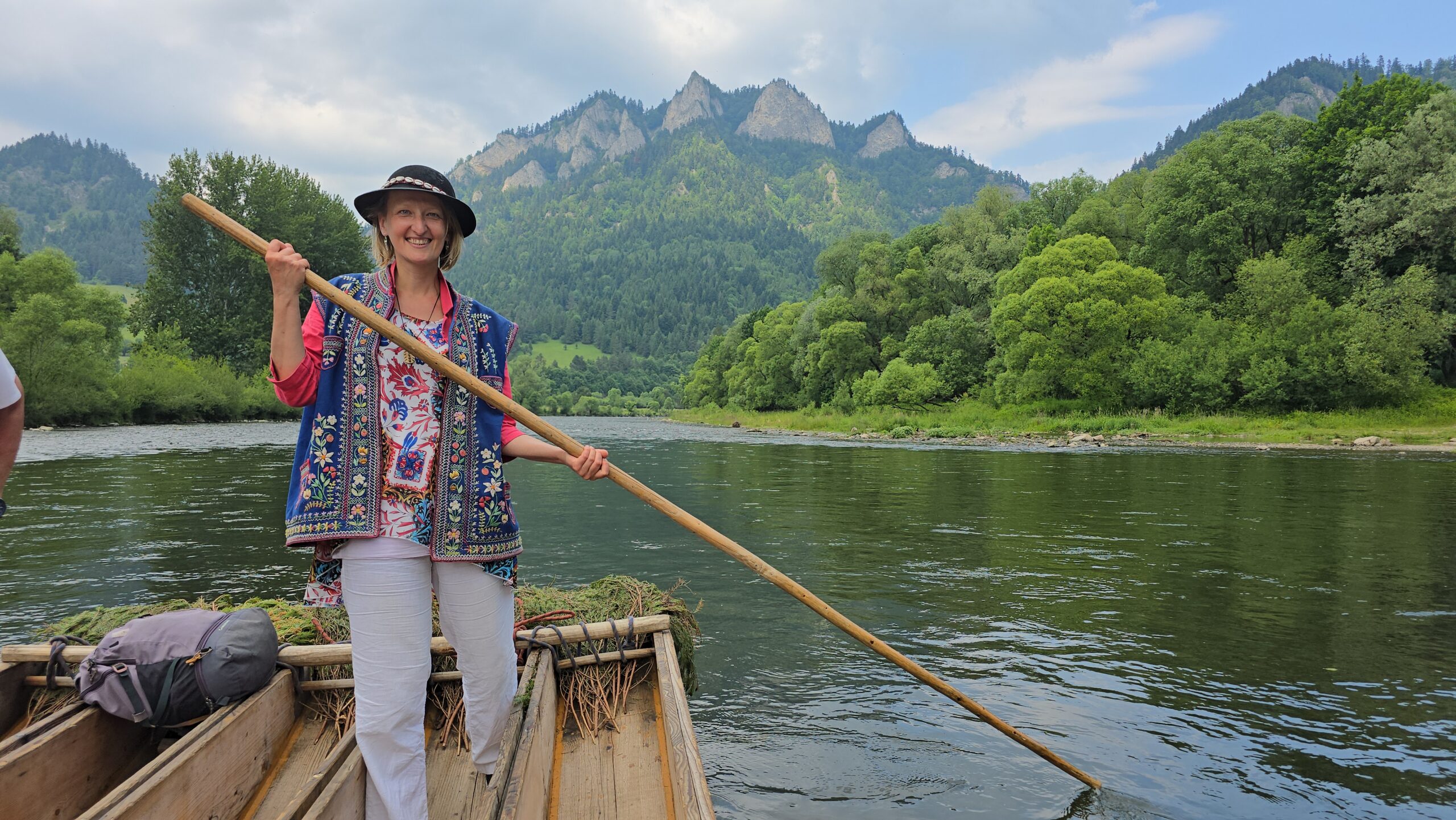
The Two Sacred Gifts Every Child (and Parent) Deserves: Freedom and Confidence
So, what is the ultimate goal of this spiritual path? It’s to cultivate two essential gifts within yourself, so you can naturally offer them to your child: Independence with Confidence and a Sense of No Limitations. Let’s break them down.
1. Independence With Confidence
This isn’t the rebellious “I’ll do what I want” attitude we often see in teenagers who are simply reacting against the system. That’s independence born from pain, without real confidence. True, confident independence is something much deeper. It means being trusted by others—and trusting yourself—to do three things: to explore, to choose, and to act.
- Trust to Explore: Can you step into the unknown without being crippled by fear? Many parents, afraid of the unknown themselves, try to control their children to keep them “safe,” passing on their own fear. A conscious parent cultivates trust in life’s journey, for themselves and their child.
- Trust to Choose: Are you truly free to choose your path, or are your choices programmed by your family and society? The big fear for most people is making the wrong choice. Granting your child the freedom to choose (and make mistakes!) is a radical act of trust.
- Trust to Act: Do you need permission from everyone before you take action? Confident independence means having the inner authority to act on your own choices and take full responsibility.
Each step taken with this kind of trust builds real, unshakable confidence, showing your child (and your inner child) that they are truly capable.
2. A Sense of No Limitations
This isn’t about believing you can physically fly; it’s about having no limits in your spirit. The most important “no limit” state you can achieve is in your sense of who you are. Most adults do the exact opposite: they create a rigid, formulated self—an ego—and say, “This is me. Period.” That’s a self-imposed prison.
A person with a limitless spirit isn’t defined by labels. If someone calls them a fool, they don’t crumble, because they know that while they might do something foolish, they are not a fool. Their identity is fluid, expansive, and free. This is true spiritual resilience, and it’s a gift that protects a child from the judgment of the world far more than any armor ever could.
Raising a Free Thinker in a Programmed World
One of the biggest challenges on the spiritual parent’s path is navigating a world that runs on programming. We think we are making free choices, but often, we’re just picking from a pre-approved menu. The transcript gives some perfect examples: In politics, your choice is often limited to left or right. In the market, it’s Mercedes, BMW, or Audi. You have the freedom to move, but only on the train tracks that have already been laid down for you.
Most people don’t even realize that their “free choice” is almost totally programmed. This is why the lives of the majority of people end up looking so similar. As a parent, your first job is to start seeing this programming in your
own life. Where are you acting on autopilot? Where are you following the herd without question? You can’t guide your child out of a maze if you don’t even realize you’re in one yourself.
The goal isn’t to raise a rebel who is against everything; that’s just another reaction. The goal is to raise a truly sovereign being. A child who learns to listen to their own inner authority can see the “matrix” for what it is and make choices that are authentic to their soul, not just what’s on the menu. This is how we empower the next generation to create a new world, not just repeat the patterns of the old one. 🌍
The Ultimate Teaching Method: Children Learn Who You ARE, Not What You Say
After all this, the most important lesson is beautifully simple. The most powerful way to guide your child—or your inner child, or your students—is to live by example. Words alone are never enough. We can tell our children to be confident all day long, but they will learn from watching how we handle our own insecurities. We can tell them to be peaceful, but they will learn from the energy we bring into a room. You must embody the qualities yourself.
Children learn from what they see, not from what they hear. When we live authentically, we become the model that inspires real growth. Your presence is the real curriculum. Your own journey of becoming more free, more loving, and more whole is the greatest inheritance you can possibly leave them. You don’t just teach them the path; you become the path. And that is a lesson they will carry in their hearts forever.
Your First Step on the Path: A Simple Question to Guide You Home
This journey of conscious parenting is a practice, not a destination. Growth doesn’t happen in a single “aha!” moment, but through repetition. Every time you choose freedom over fear, you strengthen your true self and your inner child gains strength. So where do you begin?
Start with one simple, wide-open question. Imagine your child, or the child you hope to have, or even the small child still living inside you. Now, ask yourself from the deepest part of your heart: “What would I want for my children?” Don’t think about what they should achieve or become. Think about how you want them to feel, how you want them to exist and live.
Let the answer come from your soul. Joy? Freedom? Love? The ability to trust their own experience? Whatever comes up, know this: your answer is not just a wish for them. It is a map home to yourself. What you wish for your child is what your own soul is asking for. Follow that feeling. That is the beginning, middle, and end of this beautiful spiritual path. 🌟

